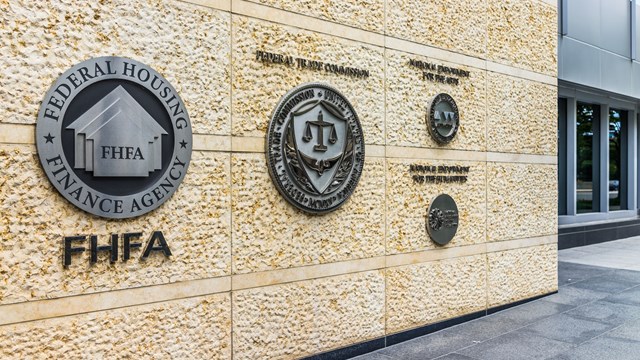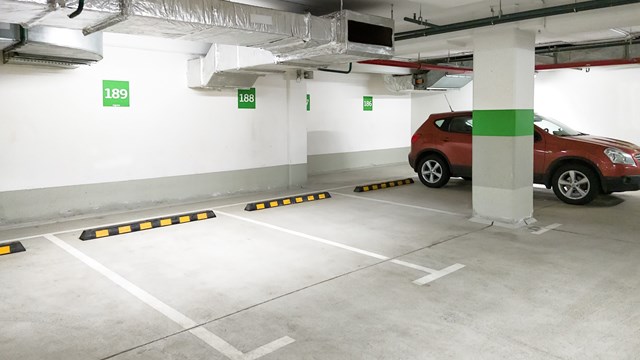On July 16, 2015, the Real Estate Finance Bureau of the New York Department of Law issued “Guidance on Housing Development Fund Corporations Seeking to Transfer or Sell Property for, or Otherwise Convert Property to Market-Rate Use” (the “Guidance”). The Guidance addressed whether Housing Development Fund Corporations formed under the New York Business Corporation Law (“HDFCs”) may convert the real property that they own into market-rate cooperative or condominium housing, either by amending their certificates of incorporation or by transferring and/or selling the property to a different type of entity.
Legal Limits
The Guidance noted that the law severely limits the ability of an HDFC to convert its property to a free-market cooperative or condominium, but concluded that in certain narrowly defined situations, such conversion might be possible if the HDFC first consulted with, and obtained certain approvals from, its supervising agency.
Given the robust New York real estate market, it isn’t surprising that HDFC tenant-shareholders and boards are interested in exploring whether, and how, they can “go private,” and freely sell their buildings and/or shares at the market-rate, disbursing the sale proceeds to their shareholders.
This article examines the limited situations in which “going private” transactions may be possible for HDFCs, discusses the process that must be followed in such a transaction, and sheds light on some misconceptions that have led to confusion and wasted time and resources for HDFC boards and tenant-shareholders.
1. HDFCs Can’t Sell Their Buildings and/or Shares at Market Rate Merely Because Their Contractual Agreements Have Expired
An HDFC is a “special purpose” entity that is organized under Article XI of the New York Private Housing Finance Law (“PHFL”) “exclusively to develop a housing project for persons of low income.” PHFL § 2(19) defines persons of low income and families of low income as “[p]ersons or families who are in the low income groups and who cannot afford to pay enough to cause private enterprise in their municipality to build a sufficient supply of adequate, safe and sanitary dwellings.”
As a special purpose entity, there are certain statutory requirements that apply for the life of an HDFC, including those found in PHFL § 573, which mandates that every certificate of incorporation of an HDFC must provide that:
• the HDFC is organized exclusively to develop a housing project for persons of low income;
• the income and earnings of the corporation must be used exclusively for corporate purposes; the net earnings cannot inure to the benefit or profit of any private individual, firm, or corporation or association; and
• that secretary of state cannot file an HDFC’s certificate of incorporation or any amendment unless the consent or approval of the commissioner or the supervising agency is affixed or attached.
One obvious question is: what is meant by low income? The PHFL does not provide specific guidelines for “low income” – such as establishing a maximum area median income. Consequently, an HDFC should rely upon guidance given to it by its supervising agency. In New York City, most HDFCs are supervised by HPD, which provides guidance on its website for HDFC boards that need to adopt a resale policy that will comply with the HDFC’s corporate purpose of serving persons of low income.
2. HDFC Co-ops are Different from Mitchell-Lama Co-ops
The Guidance makes clear that HDFC co-ops and Mitchell-Lama co-ops are not comparable. The reason for the difference can be found in their legislative histories: HDFCs were intended to encourage non-profit associations to build or rehabilitate affordable housing for low income persons. Mitchell-Lama co-ops were authorized to encourage private enterprise to invest in companies that provide middle income housing and are regulated by law as to rents, profits, dividends and disposition of their property or franchises.
The fate of an HDFC is much different. First, if the shareholders and board want to dissolve the HDFC, the board must call for a shareholders’ vote on dissolution. Assuming the requisite majority of the shareholders votes in favor, the HDFC board must request that its supervising agency issue a consent certificate—a document that is required to transfer the assets—as well as file the certificate of dissolution with the Department of State.
3. An HDFC Cannot Amend its Bylaws and Proprietary Lease to Remove Resale Restrictions or the Requirement to Serve Low Income Persons and Families
Courts have stated that if there is an inconsistency between the bylaws and the certificate of incorporation, “the certificate must control.” The bylaws cannot override statutes. If the shareholders were to amend the bylaws or the proprietary lease, and those amendments were inconsistent with the certificate of incorporation –for example, by purporting to permit the HDFC to operate its property as market-rate housing—those changes would be in direct violation of the statutory requirements of the BCL and PHFL.
4. The Board of an HDFC Cannot Distribute the Proceeds of a Sale of the HDFC’s Shares or Building to the HDFC’s Shareholders
It is understandable that the shareholders might wish the board to sell all of the HDFC’s shares or the entire building, and distribute the proceeds of sale among all the HDFC’s shareholders. However, the Guidance notes that distributing the proceeds of such a sale to a HDFC’s shareholders is prohibited by law.
5. In the Limited Circumstances in which an HDFC’s Building can be Sold to a Private Developer, a New Offering Plan Would be Needed
The Guidance makes clear that the only time shareholders will get the consent they need to sell the assets of the HDFC or all of the shares is if the transaction would further affordable housing. Other reasons such as wanting to cash out just won’t do. There are examples of buildings owned by HDFCs having been sold to developers, but those developers agreed not only to replace the lost units, but to build even more. The existing shareholders received new units, not a bundle of cash.
Erica F. Buckley is special counsel in the Real Estate Practice Group of Stroock & Stroock & Lavan, LLP. Julia F. Casteleiro, Stroock associate, assisted with the article.
Disclaimer: The following article offers general information and should not be taken or used as legal advice for specific situations. Please consult a lawyer for any questions you might have.







Leave a Comment